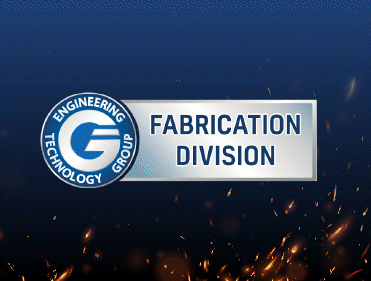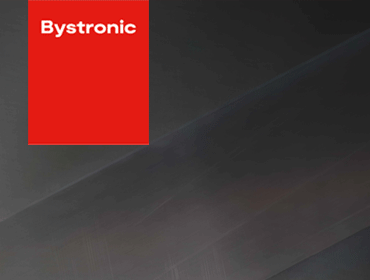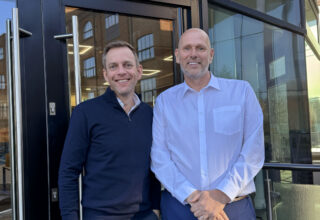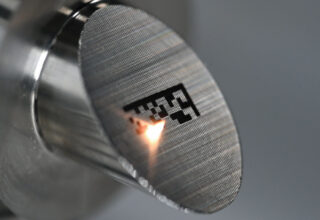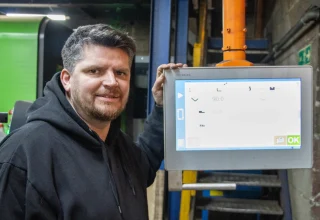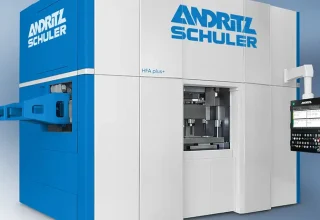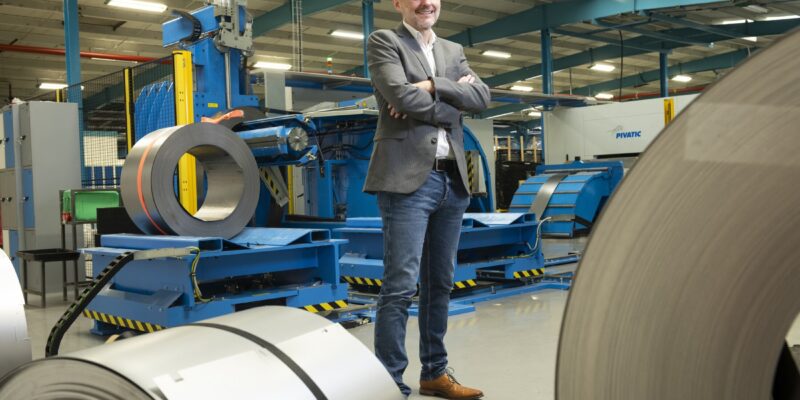
Deeside start-up achieves internationally recognised PAS 2060 standard.
New digital factory creates 40 jobs and secures almost £5m sales in first year
An innovative manufacturer of steel lockers has scooped a UK first – and what it believes could be a world first – for its sector, by achieving carbon neutrality.
Locit, based in Deeside, has received PAS 2060 certification, which is deploying a holistic approach to reduce the environmental impact covering energy, supply chain, design, manufacture and packaging.
PAS 2060 is the internationally recognised specification for carbon neutrality published by the British Standards Institution (BSI). It demonstrates carbon neutrality claims are both credible and verified to increase accountability and consumer confidence.
It is a significant accomplishment for the SME manufacturer, which has booked almost £5m of sales in its first year’s trading to the end of September and has created 40 new jobs.
The rapid growth follows a £4m investment by Arete Capital Partners, a private capital investor, in 2022, who have backed Locit as a disruptor to the UK steel locker market valued at around £70 million.
Customers already using Locit’s premium locker brand, Pure Lockers, through its network of distributors and resellers, include Marks and Spencer, Primark, LEGOLAND, the British Open, Bulgari Hotel London, Royal Liverpool Philharmonic Hall, and Northumbria Police.
Locit is led by CEO Richard Williams, a locker industry veteran of three decades who has realised his vision to create a sustainable business model focussed on digital manufacturing, innovation, people and the environment.
Locit is now continuing its push towards net zero manufacturing and is on target to reduce emissions at its factory by a further 50% this year.
Richard said: “We started Locit with a vision to create a superior product that needed less material, less waste and less energy, and we have accomplished this at our Deeside factory.
“We have achieved a UK first- and potentially a world first – for our sector using digital manufacturing techniques which put decarbonisation at the heart of our product, processes and culture.
“The PAS 2060 certification is the realisation of a lot of hard work and a commitment to the highest standards when measuring and reducing our emissions. Sustainability is no longer an add-on, it is an imperative, not just for the planet but the future of our business.”
Locit deploys a sustainable approach through its entire process, from supply chain and design to manufacture and delivery.
It starts by using recycled steel sourced from UK-based suppliers only. State-of-the-art 3D CAD/CAM software solutions that enable the design of products with minimum waste materials.
Advanced manufacturing techniques are used to reduce energy consumption. This includes sector-leading advanced sheet metal machinery for fully-automated production runs, bespoke short-volume orders and R&D, and innovative powder coating techniques that recycle waste and reuse heat between processes.
Data-led manufacturing means that production is integrated with cloud-based Material Requirements Planning (MRP) software to optimise stock and delivery management.
Finished products are delivered to customers and suppliers using recycled packaging.
Richard added: “While I have been driving our journey towards sustainable manufacturing, we would never have achieved so much so quickly without buy-in from our committed workforce.
“Our team shares the vision that the steel locker sector has become antiquated and incompatible with UK manufacturing’s net zero and digitalisation goals. We want to create a modern manufacturing facility that is efficient and forward-thinking, creates high-value local jobs, welcomes a diverse workforce, and makes a superior product. We’ve only just begun, but we’re off to a great start.”
Locit’s 64,000 sq ft digital manufacturing facility sits within Deeside Enterprise Zone, home to advanced manufacturing companies in the aerospace, automotive, food and pharmaceutical sectors.
The company is a proud member of the Made in Britain initiative, which supports and promotes British manufacturing, enabling buyers and consumers at home and abroad to identify British-made products.






